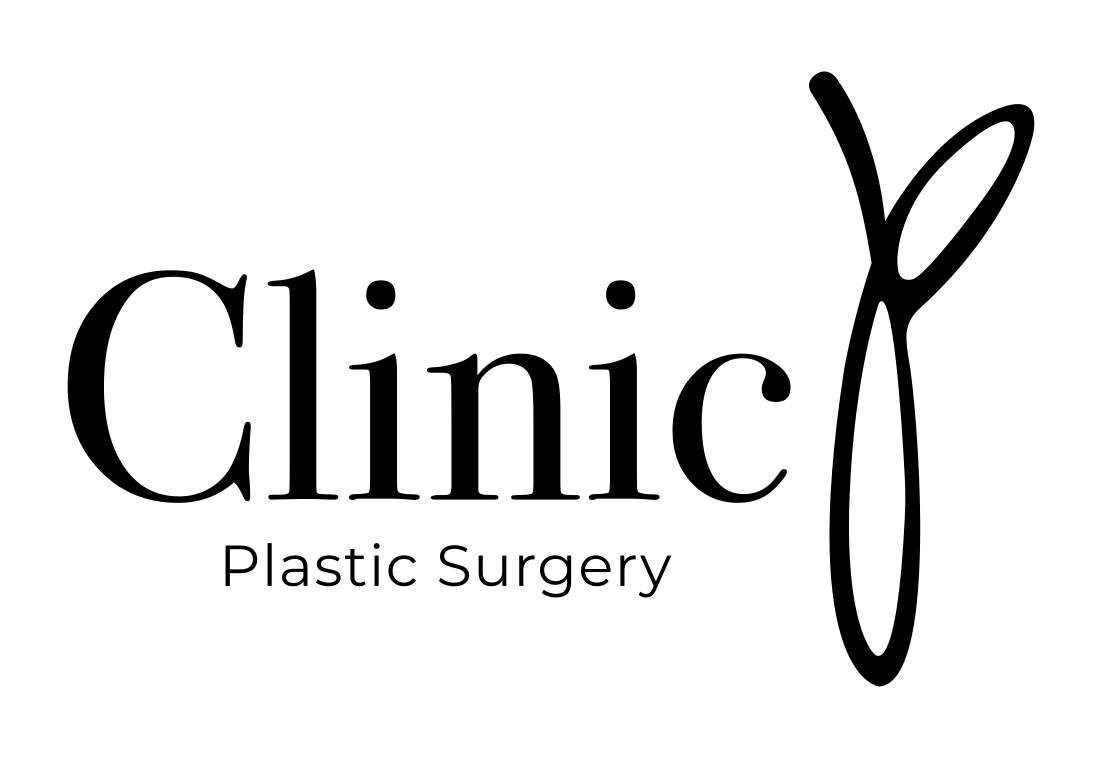IVF (In Vitro Fertilization) is an effective reproductive method that increases the chances of parenthood for couples experiencing infertility issues. This treatment offers a promising option for couples who have difficulties conceiving naturally due to various reasons. The IVF treatment involves the process of fertilization taking place in laboratory conditions, and the aim is to initiate pregnancy by transferring the embryo into the uterus.
Step-by-Step IVF Treatment Process:
- Initial Evaluation and Planning
- Before starting the IVF treatment, couples consult with a fertility specialist or a fertility clinic. The specialist assesses the couple’s medical history, current health status, and the cause of infertility. Then, an appropriate treatment plan is determined, and detailed information about the IVF process is provided to the couple.
- Ovarian Stimulation
- The fundamental step of the IVF treatment is ovarian stimulation in the woman. This involves the use of hormonal medications to stimulate the ovaries to produce multiple eggs. The purpose of this process is to have the ovaries produce mature eggs inside fluid-filled cysts called follicles.
- Egg Retrieval
- When the ovaries reach the appropriate size, the egg retrieval procedure takes place. This procedure is usually performed under ultrasound guidance and mild sedation. Eggs are collected from the follicles using a thin needle and then sent to the laboratory.
- Sperm Sample
- During the egg retrieval process, a sperm sample is collected from the male partner. The quality of sperm is evaluated and prepared for fertilization in the laboratory.
- Fertilization
- The collected eggs and sperm are brought together in the laboratory for fertilization. A special environment is provided for the fertilization process, and the formation of embryos is expected.
- Embryo Transfer
- Healthy embryos resulting from fertilization are selected and transferred into the woman’s uterus. This process is usually painless and brief, and it does not typically require hospitalization.
- Pregnancy Test
- Approximately 10-14 days after the embryo transfer, a blood test is performed to detect pregnancy. When a positive result is obtained, the expectant mother proceeds with regular doctor check-ups during the pregnancy process.
IVF Treatment and Success Rates:
The success rate of IVF treatment depends on various factors, such as the ages of the prospective mother and father, the causes of infertility, and the techniques used during the treatment process. According to statistics, success rates vary between 40% and 60%.
IVF is a valuable treatment option that provides many couples with the opportunity to create their dream family. Working with a specialized team and actively participating in the process increase the chances of successful treatment.











